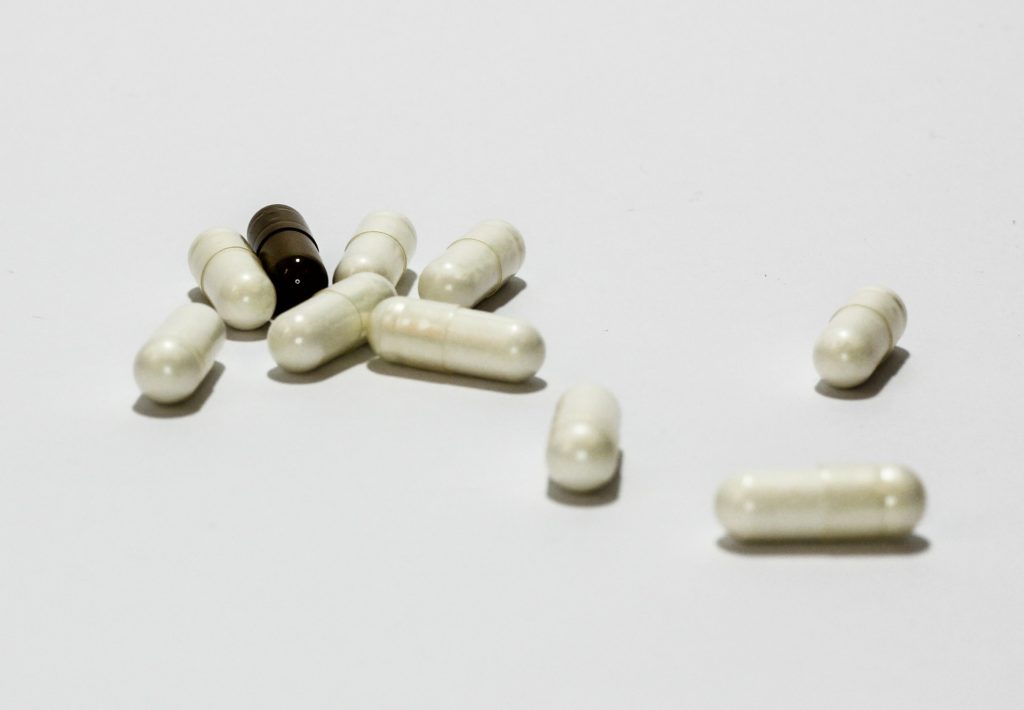 Probiotics are good for your gut health, right? That’s what we have been led to believe by marketers (me included as I bought probiotic supplements a few days ago because I don’t eat cultured or fermented foods on a regular basis).
Probiotics are good for your gut health, right? That’s what we have been led to believe by marketers (me included as I bought probiotic supplements a few days ago because I don’t eat cultured or fermented foods on a regular basis).
According to the hype, the key to your health, both mental and physical, are the gut microbiome and microbes - live microorganisms that live throughout your body and are the home to billions of good bacteria. These live microorganisms feed the healthy bacteria in your gut.
Although people often think of bacteria and other microorganisms as harmful “germs,” many microorganisms help our bodies function properly. For example, bacteria that are normally present in our intestines help digest food, destroy disease-causing microorganisms, and produce vitamins. Many of the microorganisms in probiotic products are the same as or similar to microorganisms that naturally live in our bodies.
However, scientists know that much is still unknown about the microbiome - how it works, what it does, and how to make it function in ways that benefit your health.
What science does show is that probiotics can help improve your immunity and fight disease. If you have a gut condition like irritable bowel syndrome, the probiotics can help restore a better environment for your gut, improve symptoms, and make you feel better. Also, if you take antibiotics for an illness (which also destroy good bacteria and can be a disaster for your microbiome) probiotics help restore a healthy gut environment. It’s best to take the probiotics a few hours before or after taking the antibiotics to ensure the survival of the bacteria.
However, if you have a healthy gut - meaning no dysfunction or diseases - then taking probiotics is a good habit that might not have any additional benefits. Studies indicate the positive outcomes you experience could be a placebo effect.
Recent studies that delved into the role of gut bacteria in the workings of the gut-brain axis, have shown that probiotics benefit your mental and psychological health. Anxiety, depression and other mood disorders are increasingly recognized as being, in part, related to an unbalanced microbiome.
Probiotics appear to have the ability to make compounds called neuropeptides that interact directly with your brain. They influence your immune system by modulating inflammation, which has interactions with and can cross the blood-brain barrier.
If you have a medical condition such as diarrhea, constipation, irritable bowel syndrome, inflammatory bowel disease and liver disease for example, your best bet is to consult a doctor who understands your condition and is also well-versed in probiotics and follow your doctor’s recommendation down to the strain and dose.
As a general guideline eat plenty of fermented foods. Healthy choices include lassi, fermented grass-fed organic milk such as kefir, natto (fermented soy), and fermented vegetables e.g. sauerkraut. If you buy these from the supermarket make sure that they are unpasteurised.
If like me you don’t eat fermented foods on a regular basis, it is recommended that you take probiotic supplements. Though these should not take the place of cultured and fermented foods. So, I need to make an effort to eat more cultured and fermented foods and keep my digestive tract well supplied with good bacteria.
Eating a healthy diet that includes plenty of vegetables, nuts, and seeds, including sprouted seeds is also important because this helps to create an optimal environment for beneficial bacteria in your gut, while decreasing pathogenic or disease-causing bacteria, fungi, and yeast.
Probiotic supplement is recommended when you stray from your healthy diet and consume excess grains or sugar, if you have to take antibiotics, when traveling to foreign countries or when eating at suspicious restaurants.
Here’s a short informative video. Warning: there is a bleeped swear word in it.

